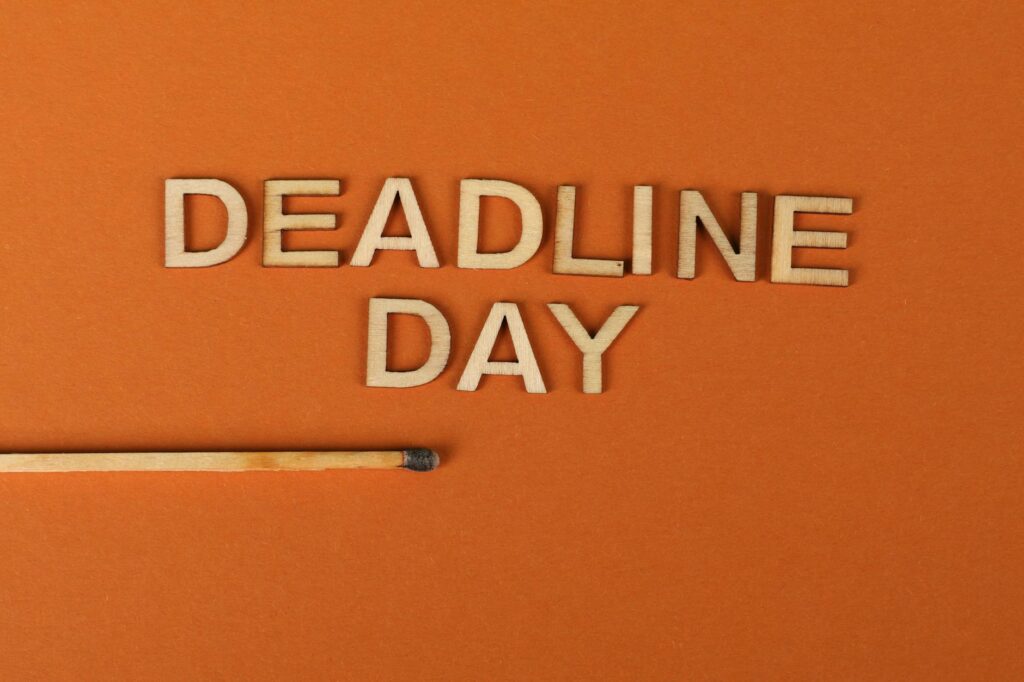What is task completion goals?

What is task completion goals?
In today’s fast-paced world, managing our tasks efficiently can be a challenge. Task completion goals are effective tools designed to help streamline our focus and boost productivity. By setting clear objectives for completing tasks, we can not only enhance our efficiency but also achieve a better work-life balance. This article delves into understanding what task completion goals are, how to set them effectively, track progress, and overcome common challenges.
Understanding Task Completion Goals
What Are Task Completion Goals?
At their core, task completion goals are specific objectives aimed at completing a set of tasks within a designated timeframe. These goals can be as simple as finishing a report by the end of the day or more complex, such as completing a multi-step project over several weeks. The primary purpose of these goals is to create a structured approach to managing our tasks, ensuring that we stay focused and productive.
Importance of Task Completion Goals
Task completion goals are vital for several reasons:
- Enhanced Productivity: By setting these goals, we can prioritize our tasks effectively, allowing for a more productive workflow.
- Better Time Management: Clearly defined goals help manage our time better, making it easier to allocate time slots for specific tasks.
- Work-Life Balance: Balancing professional and personal responsibilities becomes manageable when tasks are organized and prioritized.
These goals also contribute to a sense of accomplishment as we check off completed tasks, motivating us to maintain our momentum. Understanding the significance of these goals is the first step towards implementing them in our daily routines.

Photo by Ann H
Setting Effective Task Completion Goals
SMART Criteria for Goal Setting
To set effective task completion goals, applying the SMART criteria can be incredibly useful. This acronym stands for:
- Specific: Be clear about what you want to accomplish. Instead of saying, “I want to improve my writing,” specify, “I want to write 500 words every day.”
- Measurable: Ensure that your goal can be tracked. For example, “Complete three sections of my project each week.”
- Achievable: Set realistic goals. If you’ve never run before, saying you’ll run a marathon in a month isn’t feasible. Instead, aim for a 5K.
- Relevant: Your goals should align with your overall objectives. If your aim is to advance your career, set goals that support this.
- Time-bound: Establish a deadline to create urgency. “I will submit my report by Friday.”
For more on setting effective goals, resources like Optimise your productivity can provide valuable insights.
Breaking Down Larger Tasks
Often, larger tasks can feel overwhelming. This is where breaking them down into smaller, manageable goals becomes essential. For instance, if you’re working on a presentation, break it down into tasks such as:
- Researching the topic
- Creating an outline
- Designing the slides
- Practicing the delivery
By dividing a large task into smaller parts, you not only make it less daunting but also create multiple opportunities for accomplishment. Each small victory can boost your confidence and keep you motivated.
Tracking Progress on Task Completion Goals
Tools for Tracking Goals
Keeping track of your task completion goals is crucial for staying on course. Here are some popular tools that can assist:
- Trello: A visual project management tool that allows you to create boards for different tasks and track progress.
- Todoist: A task manager that helps prioritize and organize your tasks effectively.
- Asana: A collaborative platform for tracking tasks, setting deadlines, and managing projects.
These tools can enhance your ability to stay organized and accountable.
Adjusting Goals Based on Progress
Flexibility is key when it comes to achieving your task completion goals. As you monitor your progress, you may find that some goals are too ambitious or not challenging enough. It’s essential to adjust your goals based on what you learn from your experiences. If you consistently find a task takes longer than expected, you might need to extend the deadline or break it into even smaller tasks.
Overcoming Challenges with Task Completion Goals
Common Obstacles to Achieving Goals
Even the best-laid plans can encounter roadblocks. Here are some common challenges people face when trying to achieve their task completion goals:
- Procrastination: The tendency to delay tasks can derail progress.
- Distractions: In our digital age, notifications and interruptions are constant, making it hard to focus.
- Lack of Motivation: Sometimes, the tasks we set can feel overwhelming or uninteresting, leading to a drop in motivation.
Strategies for Overcoming Challenges
To combat these challenges, consider the following strategies:
- Set Clear Priorities: Focus on what needs to be done first and make a plan to tackle those tasks.
- Limit Distractions: Create a dedicated workspace, turn off notifications, and set specific times for uninterrupted work.
- Use Positive Reinforcement: Reward yourself for completing tasks, no matter how small. This can boost your motivation and make the process more enjoyable.
For further insights into overcoming obstacles, resources such as A Guide to IEP Goals for Successful Task Completion can be beneficial.
Conclusion
Task completion goals are more than just a productivity tool; they’re a pathway to achieving greater efficiency and balance in our lives. By understanding how to set these goals effectively, track our progress, and overcome challenges, we can foster a more productive mindset. Start implementing these strategies today, and watch how they transform your approach to tasks and time management. Embrace the power of task completion goals and take control of your productivity journey!